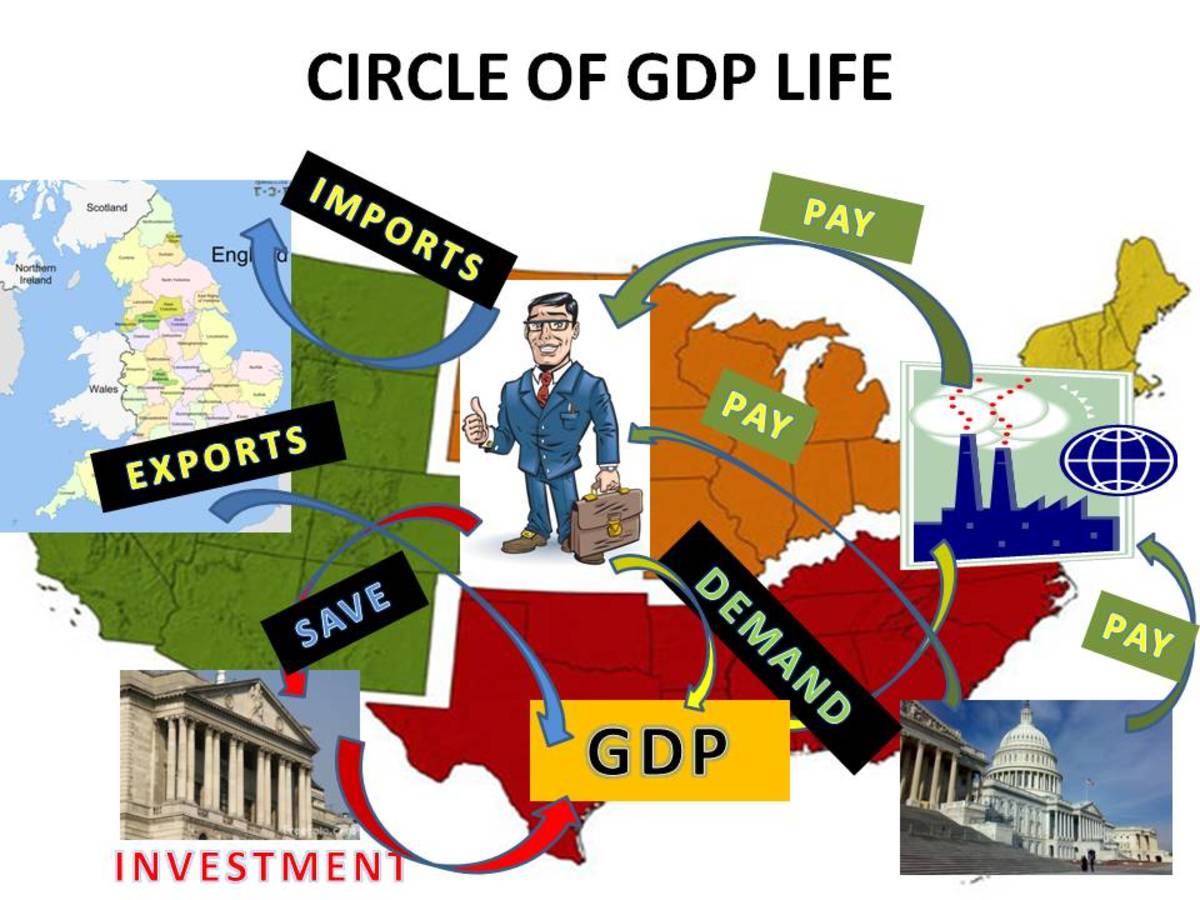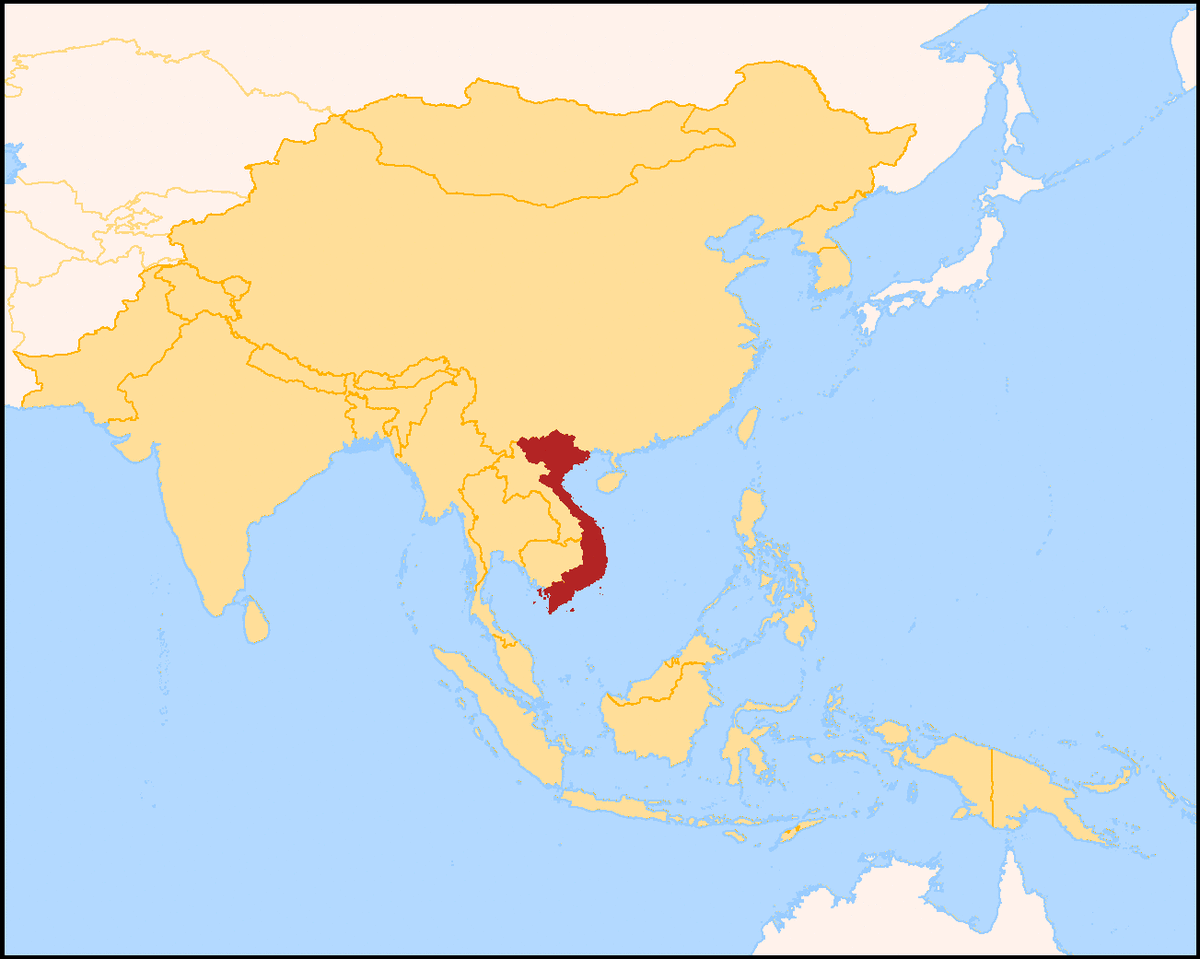Evaluate Strategies Which may be Used by Businesses and Governments to Improve the Competitiveness of a Country's Goods
Capital Stock
In order to lower costs of production, a business may choose to invest in capital stock. This capital deepening will increase a country's technological readiness and allow increased productivity per worker, as efficiency gains result in owed unit costs of output.
However, there are problems with this as the human capital may not posses the skills to fully utilise the capital stock being made available. In addition to this, if there is over investment in in capital stock, diminishing marginal returns set in and the cost of the capital stock are then passed on to the product which will likely affect its competitiveness. Moreover, the investment must be of a sufficient quantity to replace old worn out equipment and of a sufficient level of quality / technological advancement to outcompete other companies who will likely also be investing in new capital stock.

- Clegg's flagship youth unemployment scheme an abject failure, says Labour | Society | The Guardian
Party condemns early end of government's £1bn Youth Contract, which offers subsidies to firms for each young person they hire
Human Capital
A high quality of human capital is also important for competitiveness. It is a way of building 'capabilities' of the economy and businesses and governments will both invest in education and training for this purpose. Education Investment in STEM subjects along with the previous coalition government's "Youth Contract" initiative which aimed to use government intervention to efficiently allocate resources in sectors such as construction and plant machinery building using apprenticeships with businesses.
However, due to asymmetric information, the government may be training the wrong sectors of employment, especially since there are long time lags and after for example, an apprenticeship ends, the job may become mechanised or another country may have invested at a higher level and gained an advantage, resulting perhaps in lower demand for higher proved or poorer quality products.
Infrastructure investment
The Government may choose to invest in the quality and quantity of their country's infrastructure which can incentivise FDI (Foreign Direct Investment) and increase production efficiencies. In the UK for example the National infrastructure commission plan involves building the HS2 rail links, Hinkley Point C energy plant and cross rail. Another example is the Chinese government investing $62 billion into their "new silk road"; a trade route to increase ease of trade with developing nations such as Pakistan and Kenya
However, It is possible that these projects may be funded by overseas investors which would likely appreciate the value of the £ (for example) and may reduce international competitiveness in the short term for british goods. However the extent of this depends on whether the Marshall-Lerner condition is fulfilled i.e. PEDM + PEDX > 1.
Moreover there may be resource crowding out with a high private sector opportunity cost as private sector resources may be used less efficiently through PFI, PPP and purchasing of bonds.

- Is the Patent Box doomed? | Economia
David O’Keeffe asks whether companies should be worried about the future of Patent Box

Incentives for Innovation
A final strategy and perhaps the most important for a fully industrialised tertiary and quaternary sector economy such as the UK is government incentives for innovation. For example, the "Patent Box Initiative" (PBI) which states that any company who patents an idea and profits from it pays 10% instead of 20% corporation tax on the profits. Patents can improve competitiveness by giving exclusive sales rights to a company of a product that may be in high demand. In addition to this, the patented idea amy improve production efficiencies, therefore reducing unit costs.
However, there is an opportunity cost to the loss of tax revenues as this money could have been used more efficiently in the public sector with a more targeted approach perhaps resulting in a better / more innovative idea. Moreover, the results of this strategy provide only short-term gains as patents expire and can then be copied.
Also...
If anyone finds this piece interesting or has an interest in the subject in general and would like to discuss this topic some more, feel free to comment below :)








